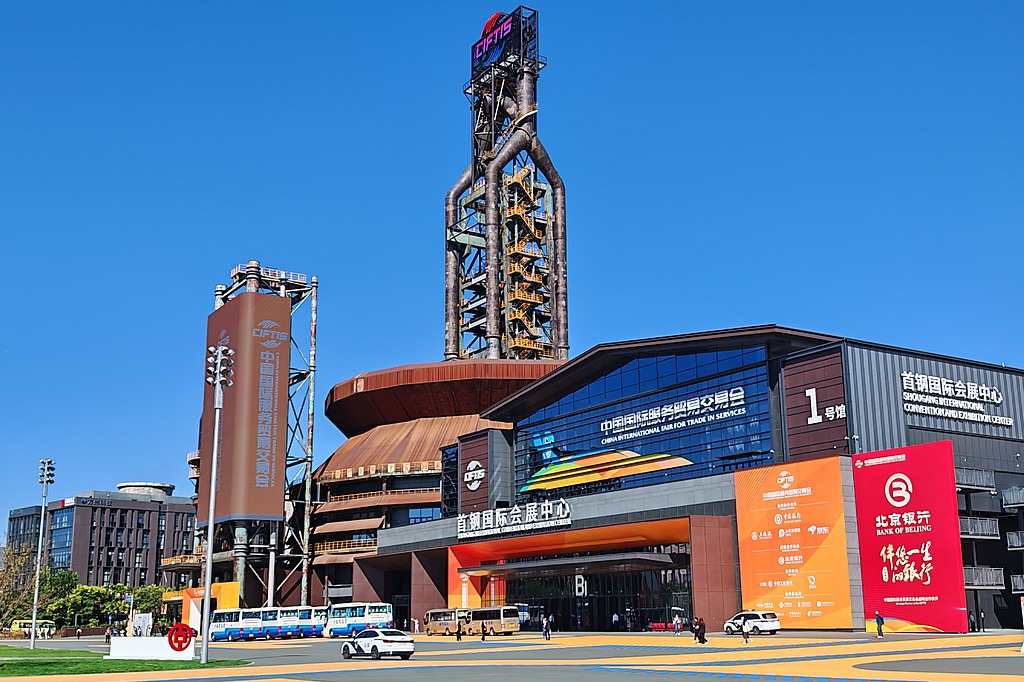Industrial sector grows rapidly in 2021-25

China's industrial sector has delivered robust growth during the 14th Five-Year Plan period (2021-25), with significant output and informatization achievements consolidating the nation's position as the world's leading manufacturing powerhouse, the Ministry of Industry and Information Technology said at a news conference on Tuesday.
From 2020 to 2024, the country's total industrial added value rose from 31.3 trillion yuan ($4.4 trillion) to 40.5 trillion yuan, while manufacturing added value increased from 26.6 trillion yuan to 33.6 trillion yuan, said Li Lecheng, minister of industry and information technology, during the conference.
Over the 2021-25 period, the total increment in manufacturing is projected to reach 8 trillion yuan, contributing more than 30 percent to global manufacturing growth, the minister said.
China's share of global manufacturing added value is currently at around 30 percent, and the nation has maintained its position as the world's largest manufacturing economy for 15 consecutive years.
On the back of steady growth in the industrial economy, China's advanced manufacturing sector is expanding rapidly, with its industrial structure showing greater resilience and optimization.
From 2020 to 2024, the country's equipment manufacturing and high-tech manufacturing industries posted average annual growth of 7.9 percent and 8.7 percent, respectively, according to the MIIT. Their shares of overall industrial output above designated size rose to 34.6 percent and 16.3 percent, highlighting a shift toward higher value-added production.
Another key hallmark has been the deepened integration of the real economy and the digital economy, which is a "defining feature "of China's high-quality growth during the five-year period, Li said.
According to MIIT data, China has built the world's largest and most extensive network infrastructure since 2021, with 4.598 million 5G base stations in operation. The number of connected devices on major industrial internet platforms has also exceeded 100 million.
Looking ahead, the country will expand 5G-advanced coverage in key cities and hot spots, while guiding the deployment of 10-gigabit optical networks from pilot testing to large-scale application.
However, despite remarkable achievements, the country is also facing notable challenges such as industry governance, Li said, adding that initial progress has been made in addressing irrational competition in key sectors such as new energy vehicles and photovoltaics through joint efforts.
The ministry will continue to advance the goals of new industrialization by modernizing industry governance. This includes helping strengthen legislation in priority areas such as telecommunications and vehicles and build legal frameworks for emerging fields like the digital economy and artificial intelligence.
"The cultivation of an industry takes painstaking efforts, yet irrational competition can destroy a company or even an entire sector overnight. This is something we must never tolerate," Li said.



































